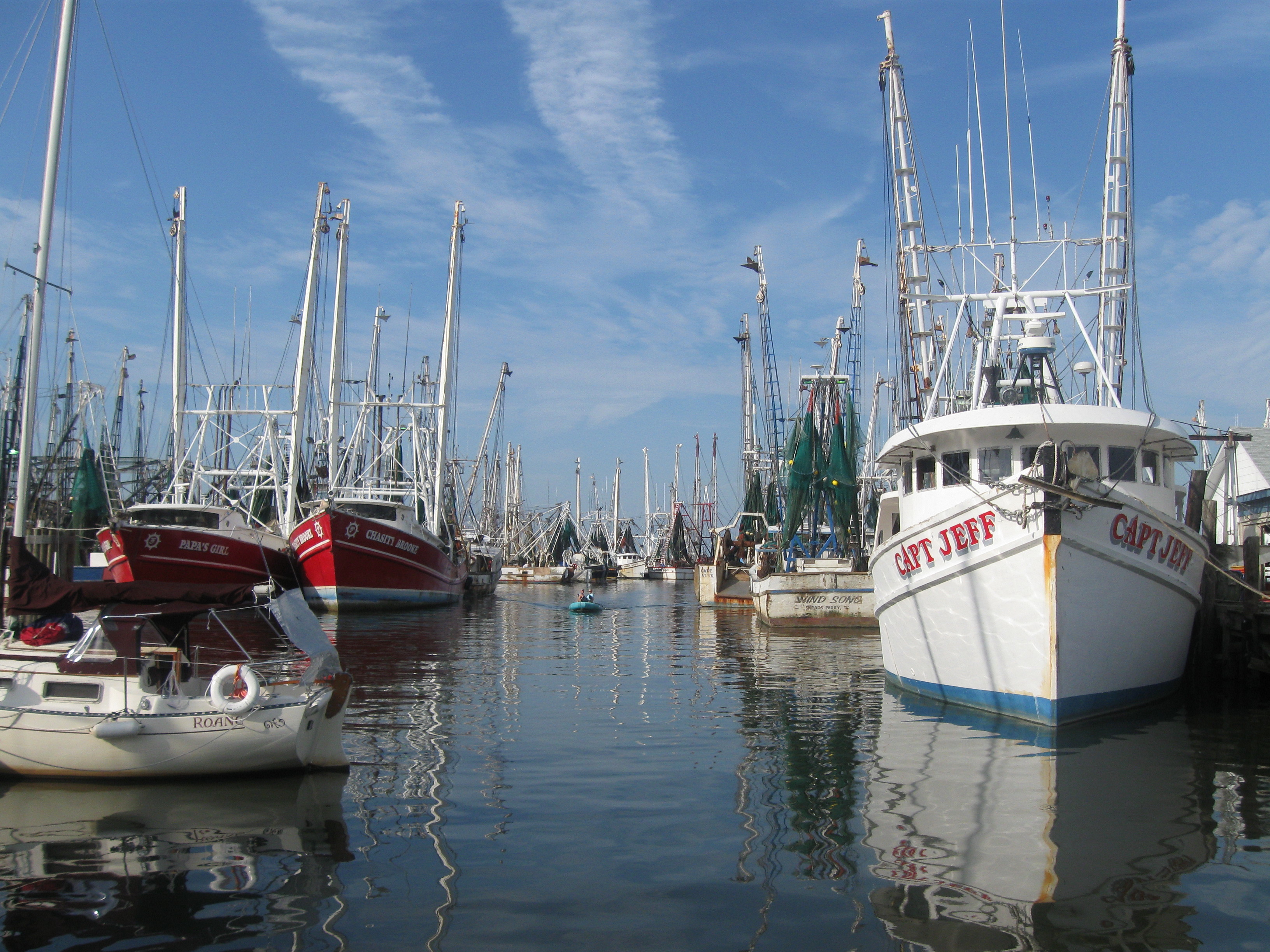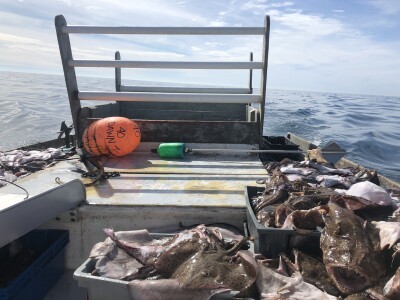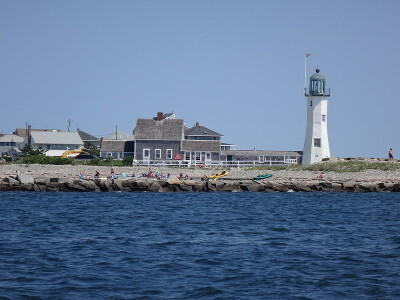After pleading guilty to federal charges that his seafood company knowingly mislabeled foreign crabmeat as a U.S. product, Jeffrey Styron is speaking out about the inaccuracies of the charges.
“I made a mistake, and I’ve admitted it,” says Styron. “I’m not making excuses, but the situation does need clarification.”
The charges filed against Styron, treasurer of the corporate board of officers for Garland Fulcher, state that he substituted foreign crabmeat for domestic as early as Jan. 1, 2014, and continued through Dec. 31, 2017. According to Styron, that is simply “not true.”
“This was a one-time mistake, not a long-term venture as suggested by federal authorities,” Styron says. “I should pay the price for what I did, but not for what didn’t happen.”
Styron clarifies that the "timeline and the scope of the offense claimed by federal officials is far from accurate. We found ourselves unable to fulfill orders for domestic crabmeat over a six-week period in 2014, and unfortunately, I made a bad decision.”
The crux of “the bad decision” is all about containers, Styron says.
According to Styron, during this six-week period over Christmas, there was “a hot demand” for the product, and he ran out of the containers used for imported crabmeat. To meet that demand, he admits to substituting crabmeat from Mexico, Indonesia and Venezuela for domestic product.
“I ran out of the containers we use for imported crabmeat and used containers marked as “Product of the USA.” If I had the correct containers, this never would have happened,” says Styron.
The mislabeled crabmeat, Styron adds, was “not found in any state other than South Carolina.”
In a press release issued Sept. 3, 2020, by the Justice Department’s Environment and Natural Resources Division, Assistant Attorney General Jeffrey Bossert Clark said “Blue crabs are a classic American seafood product and a vital resource for coastal communities in North Carolina, Virginia, Maryland, and other parts of the United States. This investigation is part of the department’s mission to work with our law enforcement partners in the protection of Atlantic blue crab populations and other marine resources.”
According to the press release, Styron pleaded guilty to one count of substituting foreign crabmeat for domestic blue crab and, as part of the plea, admitted to falsely labeling crabmeat with a retail market value of at least $250,000 dollars, which was sold primarily to small seafood retailers and restaurants.
The North Carolina company engaged in the business of purchasing, processing, packaging, transporting and selling seafood and seafood products, including crabmeat from blue crab harvested on the U.S. East Coast since the 1970s.
As treasurer, prosecutors say Styron was responsible for overseeing the daily operations of the company’s crab-related business, which involved managing and directing employees of the company with respect to the processing, packaging, and labeling of crab meat.
Styron is scheduled to be sentenced on Dec. 7.







